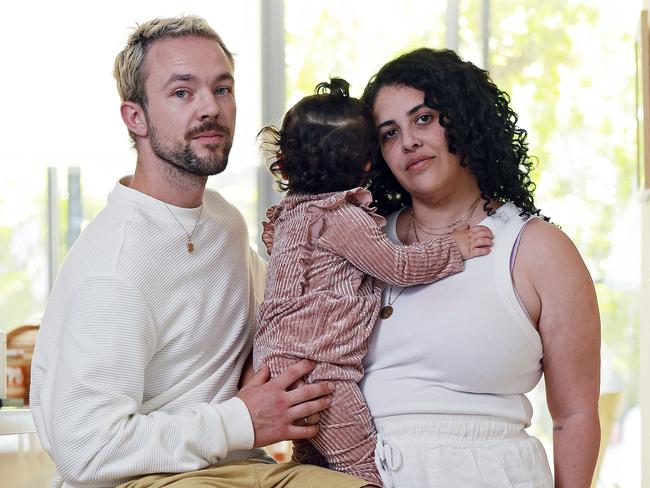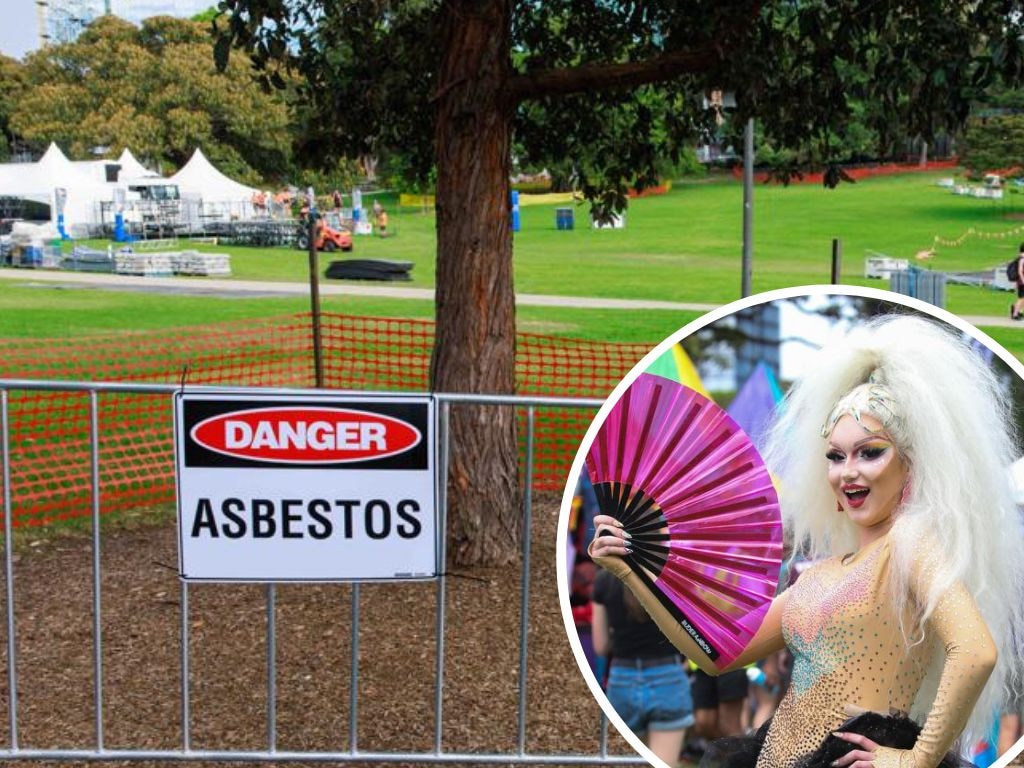Doxxing: What is it, how to avoid it and why it has risen to prominence
It’s a full-blown online invasion of personal privacy and it’s on the rise. Here is what you need to know about doxxing and what to look out for.
NSW
Don't miss out on the headlines from NSW. Followed categories will be added to My News.
A string of recent events where people’s private information has been leaked for public use has given rise to a new term named doxxing.
Originally a form of online attack used by hackers, doxxing has been around since the 1990s.
But since October 7, when conflict began between Israel and Hamas on the Gaza strip, the term has become more prominent.
The term has gained momentum after pro-Palestinian activists published personal details of hundreds of Jewish people in Australia.
Here is what you need to know about doxxing and what to look out for:
WHAT IS DOXXING?
Doxxing is the act of publicly providing personally identifiable information about an individual or organisation, usually on the internet and typically with malicious intent.
WHY IS IT CALLED DOXXING?
Doxxing is derived from the term “dropping dox,” or “documents”.
WHAT ARE SOME EXAMPLES OF DOXXING?
It has been in the spotlight in Australia in recent weeks after pro-Palestinian activists published personal details of hundreds of Jewish people in Australia.
Sydney blogger Talia Emsalem said she has been deluged with swastika-covered messages calling her a cancer and referring to her daughter after her photo and details were among hundreds posted online in a spreadsheet.

IS DOXXING ILLEGAL?
Another victim in Sydney, who did not want to be named, told The Daily Telegraph she had received a number of threats since her details were published.
“One woman messaged me and said she wanted to spit in my face,” she said. “It is absolutely shocking that this is happening in Australia today.”
The act of doxxing is rarely pursued as a crime in Australia unless it forms part of an ongoing harassment campaign.
But Prime Minister Anthony Albanese has now thrown his government’s support behind a proposal to make doxxing illegal.
HOW CAN YOU TAKE ACTION?
Take screenshots of where your personal information was posted, any evidence you gather will support your claim.
Once you’ve gained evidence, contact law enforcement.
As it stands it’s technically not against the law to dox someone in Australia, but it is illegal to harass someone.
Facebook, TikTok and X all have community guidelines which ban both the collection and publication of individuals’ personal information for malicious intent.
IS THERE PROTECTION AGAINST DOXXING?
There are a number of preventive steps you can take to protect yourself from online doxxing.
Make yourself familiar with doxxing-related policies on online platforms you use as well as how to report abuse more generally.
Restrict the accessibility of any information that can identify you online and offline.
Check who has access to your personal email, phone number, home addresses and other physical locations on your social media accounts.
Do you have a story for The Daily Telegraph? Email tips@dailytelegraph.com.au





